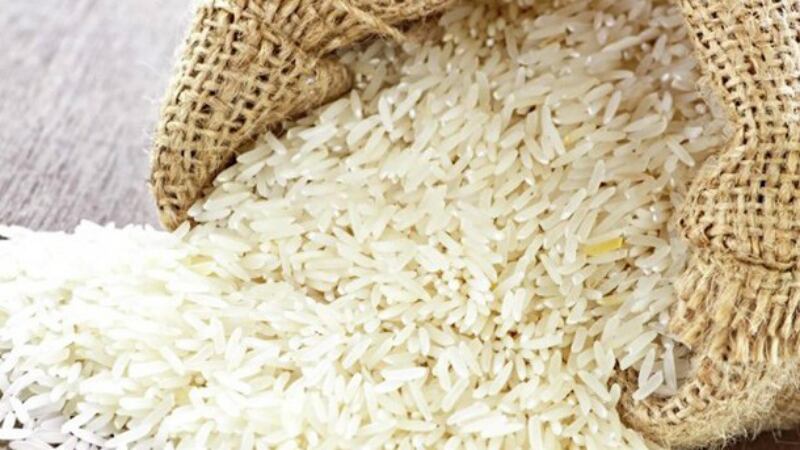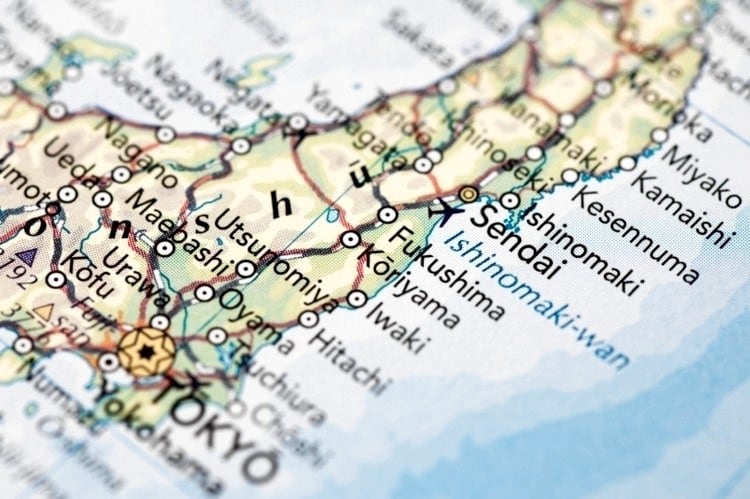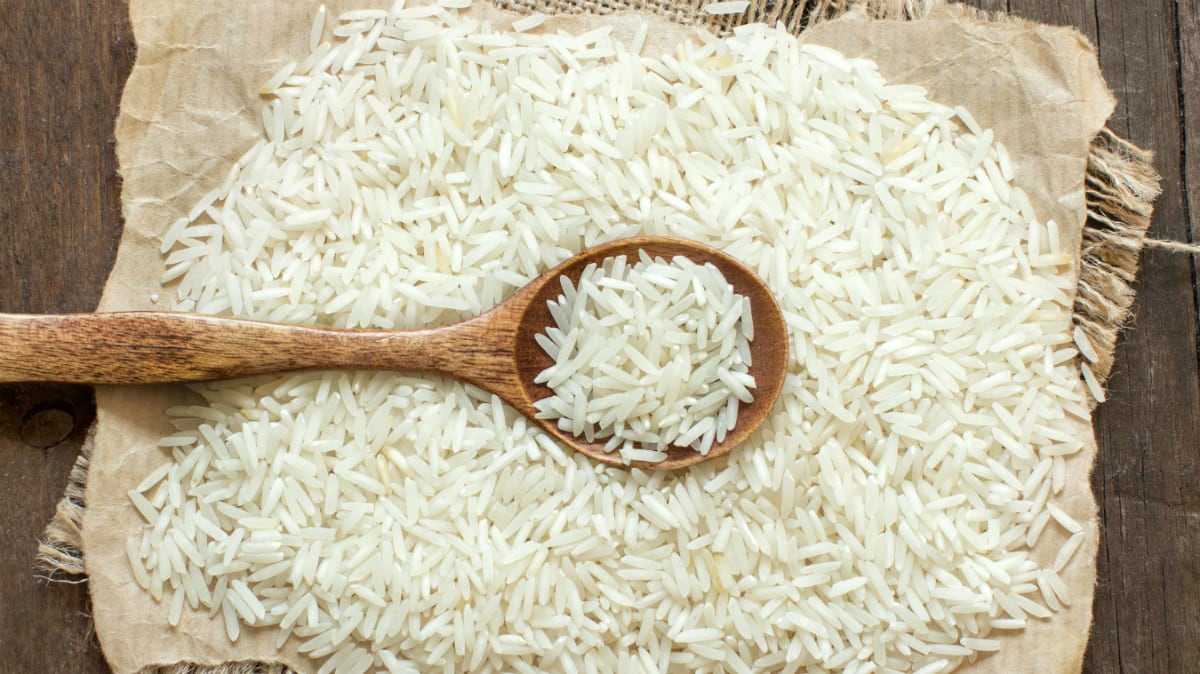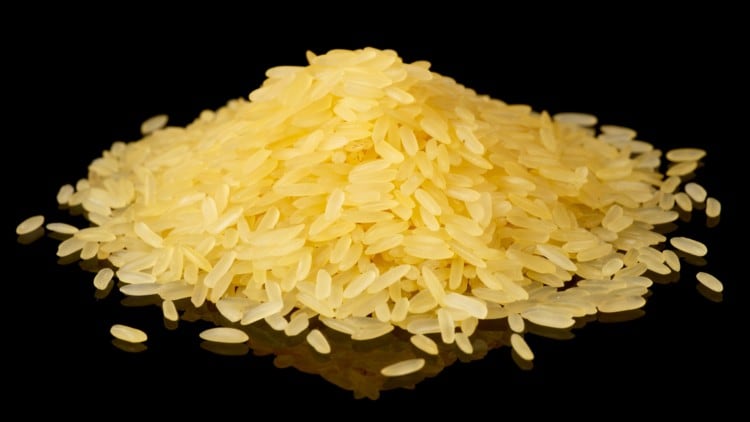This was despite the country having to import 500,000 metric tons worth of rice earlier this year to deal with rising prices due to low supply.
“They [keep] saying there is rice shortage. We have lots of rice. Some of them are set to arrive. Now there’s even an excess,” said Duterte.
“You know, those are politics. But I would like to remind you that I won because of the vote of the Filipino.”
A lack of supply also forced the Zamboanga City local government to declare a ‘state of calamity’ after rice prices soared to US$ 1.31 (PHP 70 per kilo).
However, food firms in the country have been reluctant to make public statements.
Monde Nissin Corp, producer of rice crisps brand Peckish, at first mentioned a brief impact. This was retracted in a later statement, saying the company “does not have any rice-based products”.
Monde Nissin Corp commanded a 42% retail value sales share for rice, pasta and noodles in 2017.
Meanwhile Sunnywood, producer of the popular Harvester’s, Jordan Farms and Farmboy rice brands, also declined to elaborate.
This declaration comes on the heels of Duterte’s warning to rice traders who are hoarding supply.
The president declared he “will not hesitate” to order warehouse raids as an emergency measure to address rice shortages.
“I will not allow Filipinos to go hungry. Do not force me to resort to emergency measures,” said Duterte.
“If I see something amiss, I will not hesitate to exercise the powers of the President. And I will ask the military and police to raid your warehouses, bodegas, and I will just subject (you) of course to just compensation.”
Duterte also permitted rice from Malaysian small traders to be imported, subject to tariffs, to alleviate the lack of supply.
Presidential spokesman Harry Roque Jr. said that an expected 152,000 metric tons of rice is to be imported. Along with local rice harvest, this is projected to flood the market with supply.
Opposing voices in the country
Several Philippines senators have voiced discontent about the handling of the entire situation, and predict worse outcomes.
Speaking to PhilStar, Senator Francis Escudero opined that Philippines is heading towards a “full-blown food crisis”, and that a state of calamity should be declared to impose price controls and contain abusive rice traders.
“What if we declare a state of calamity and impose price controls lest the situation worsens and the people suffer more?” he said.
Failing this, Senator Cynthia Villar has suggested setting a price ceiling on rice, such that violators can by punished acccordingly.
Senator Francis Pangilinan criticised warehouse raids as a band-aid measure instead of a solution to the country’s problems.
“[These] raids will just be for show,” he said.
“The rice supply situation is a result of incompetence and corruption in the National Food Authority (NFA) that at this point cannot be solved by raiding warehouses.”
“The solution is more than just going after traders when the NFA itself, through corruption and incompetence, caused the problem in the first place.”
Food as the main driver of nine-year high inflation rate in August
Inflation rates in Philippines hit 6.4% in August, a new nine-year high. Albay 2nd District Representative Joey Salceda lay the blame for this square on the shoulders of the government.
"Ultimately, the 6.4% was really due to the fact that we did little or nothing. We can no longer blame market opportunists, profiteers, and rice hoarders," said Salceda.
Identifying the main driver of inflation as food, he added: "[W]hat is more worrisome is that [government action thus far will take time to gain traction].”
“[This] would reverse gains in poverty reduction and hunger mitigation since the main culprit is food inflation, which surged by 8.5%. Thus, the inflation of the poor (lowest 30%) is estimated at 7.4%."
Rice supply issue affecting rice-based products industry
Rice-based products in the country are seeing negative impacts. Because rice is the nation’s staple food, the lack of supply makes the development of the rice-based products manufacturing industry a non-starter.
According to Philippine Rice Research Institute (PhilRice) researcher Dr Marissa V. Romero, “Since there is not enough rice to feed the population, the argument of not utilising rice for purposes other than table rice remains.”
“This makes value-adding difficult because of the competition for the availability of raw materials and high cost.”





